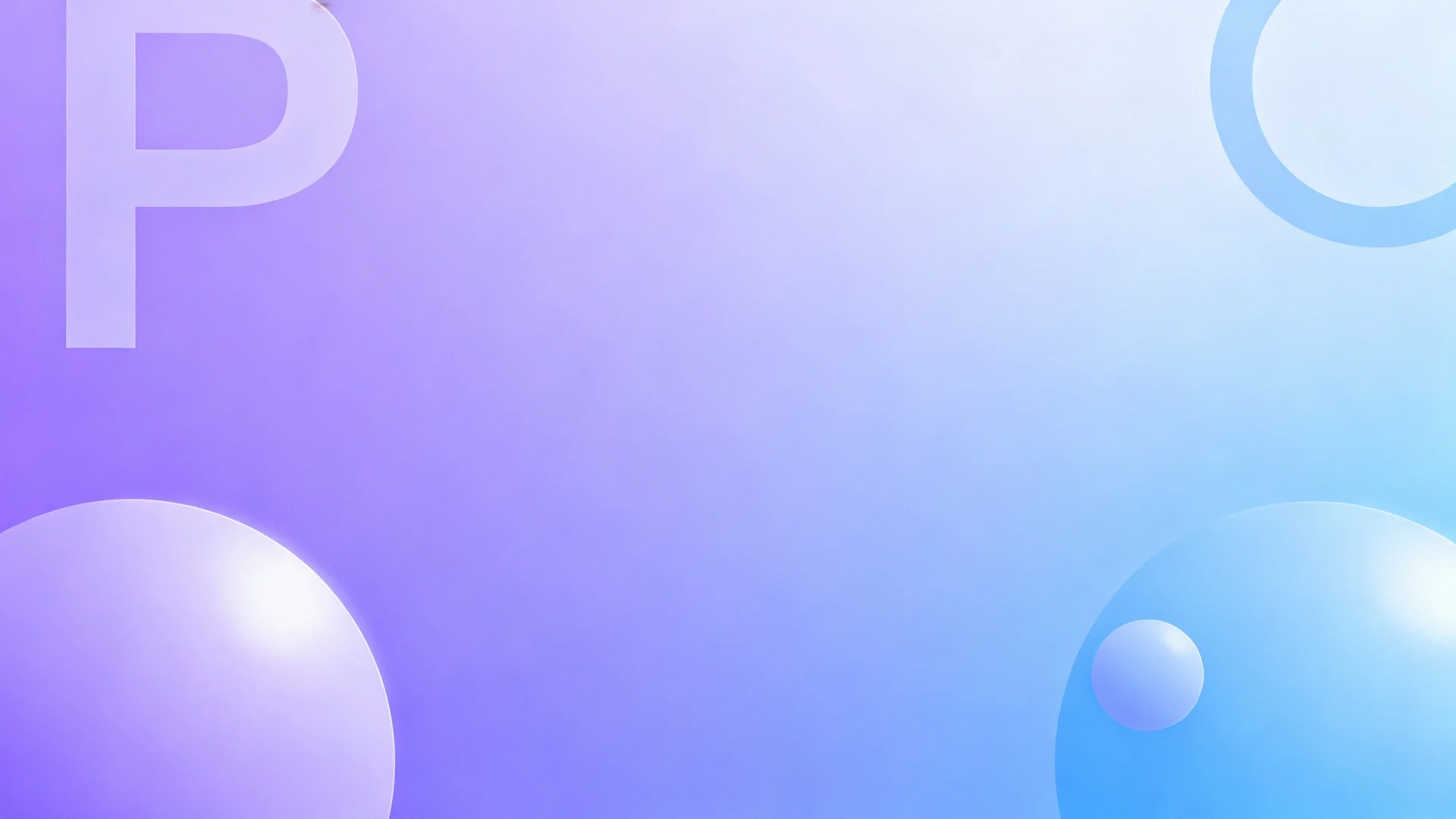
Loading...
Checking authentication...
Practice your pronunciation with interactive games and challenges.
Start PlayingThe story of Worse begins during the Old English period, where it emerged as a comparative form of the word “bad.” Its early usage was rather straightforward, serving as a descriptor in everyday conversations and even in legal contexts. As history marched forward, so did the layers of meaning layered onto this modest word. Researchers studying the etymology of worse have noted that its function expanded beyond mere classifying negativity-eventually encapsulating moral and qualitative judgments.
Over time, as literature and academic discourse began to flourish, "Worse" gained a metaphorical depth. It started to represent not only a relative degree of negativity but also a symbol of societal decay and failure. For example, in 18th-century texts, the term was used not only to compare quality but also to express disappointment in political and social reforms. This evolution truly captures how language molds itself around human experience.
"Words are the archives of our history. In every syllable, there is a whisper of a time long past." - Anonymous Linguist
The evolution of Worse is not solely confined to the pages of historical documentation-it mirrored society's contemplation of progress and the pitfalls accompanying modernity. During industrialization, where rapid change caused both marvel and dismay, "Worse" frequently became a catch-all term in political pamphlets and editorials. It signified not merely comparison, but served as a stark warning about the possible decline in quality of life.
This historical usage of the word Worse left an indelible mark on art and literature. Poets and novelists often employed the term to evoke a sense of foreboding or critique circumstances. In literary narratives, describing a character’s fate as "worse" than previously imagined could transform personal adversity into broader social commentary. For language enthusiasts and modern learners, these layers of meaning reveal how words can transcend time and context.
One frequent misconception among English learners is the belief that "Worse" simply represents a binary of negative states. However, historical context tells a more nuanced tale. The evolution of this word exposes its flexible usage, capable of describing comparative conditions without necessarily implying absolutes.
Leading linguists and historians have long debated the transformative journey of the word Worse. In interviews, experts emphasize that this term illustrates the natural progression of language-a living archive of human emotion and experience. Dr. Emily Rutherford, a renowned etymologist, notes, "The evolution of 'Worse' is emblematic of how language absorbs societal changes. It’s not just a term to denote decline; it encapsulates our collective sentiment during transformative moments."
Such reflections reinforce the idea that understanding words like Worse illuminates how language connects the present to the past. This historical approach also offers learners a deeper appreciation for English nuances, helping them use the language with greater sophistication and sensitivity.
To further engage with the rich tapestry behind Worse, here are some interactive exploration ideas:
As we conclude our journey through the historical evolution of Worse, take a moment to reflect on the intricate tapestry of language change over time. What began as a simple adjective has morphed into a key descriptor woven into literature, politics, and everyday conversation. Such evolution is a testament to language's resilience and adaptability-a concept that every advanced language learner should appreciate.
For English learners and language enthusiasts alike, understanding the evolution of words like Worse can significantly deepen one’s mastery of English. So, whether you’re comparing scenarios, crafting a narrative, or simply engaging in a reflective dialogue, remember that each word carries a legacy of human expression, waiting patiently to be rediscovered.
What do you think lies ahead for words as dynamic as Worse? Could the digital age spark another evolution in meaning and usage? As language continues to change, we invite you to keep exploring, questioning, and, most importantly, sharing your insights with fellow language enthusiasts.